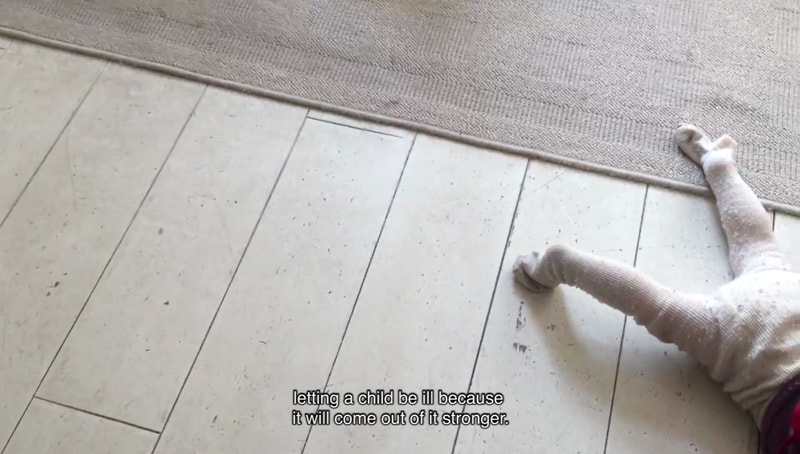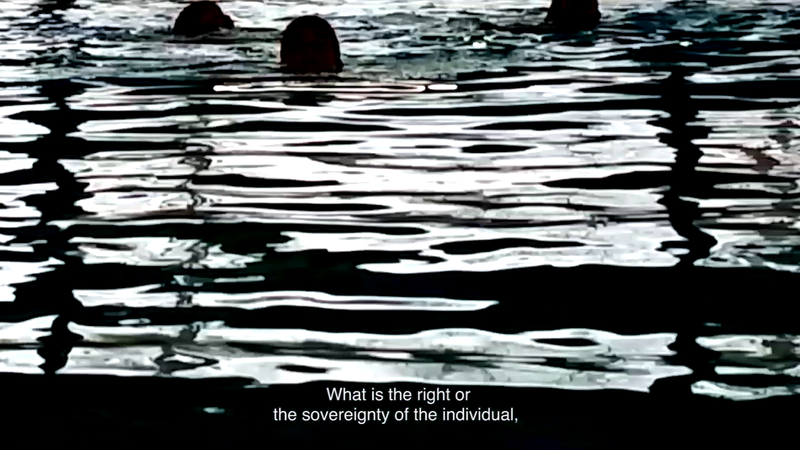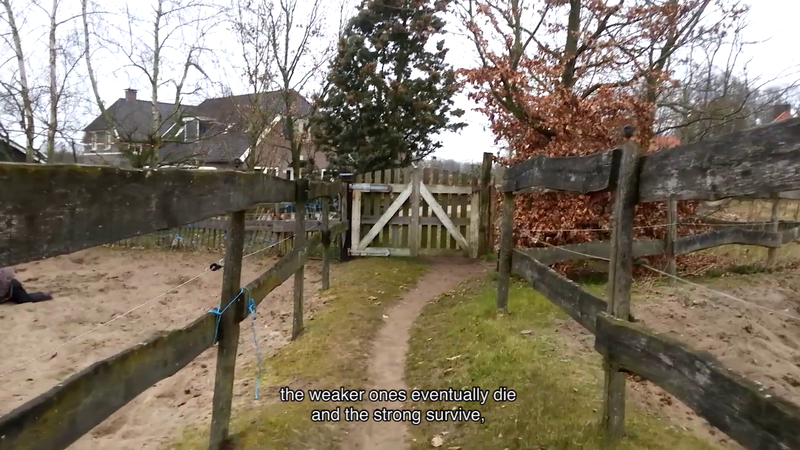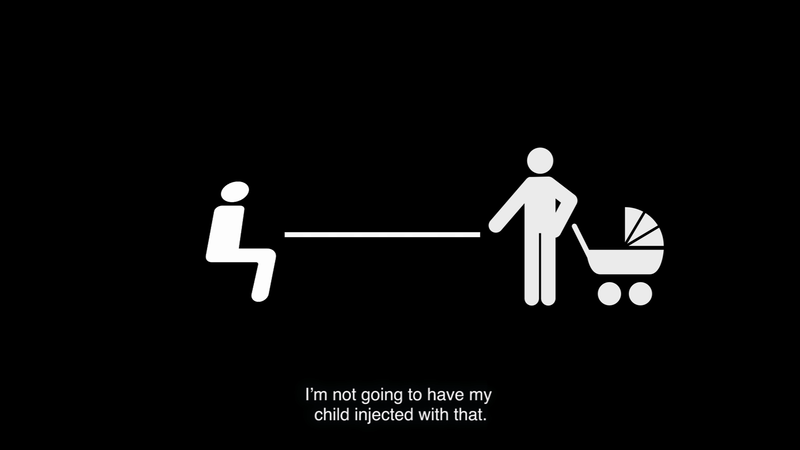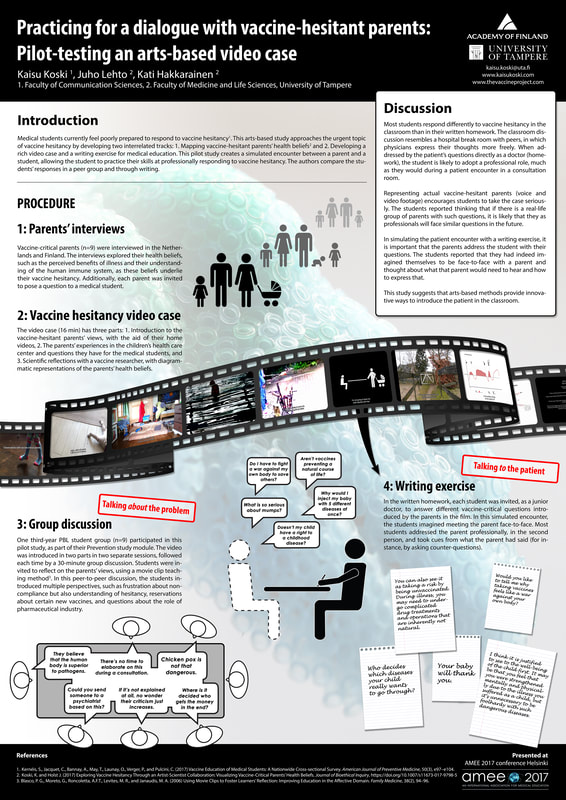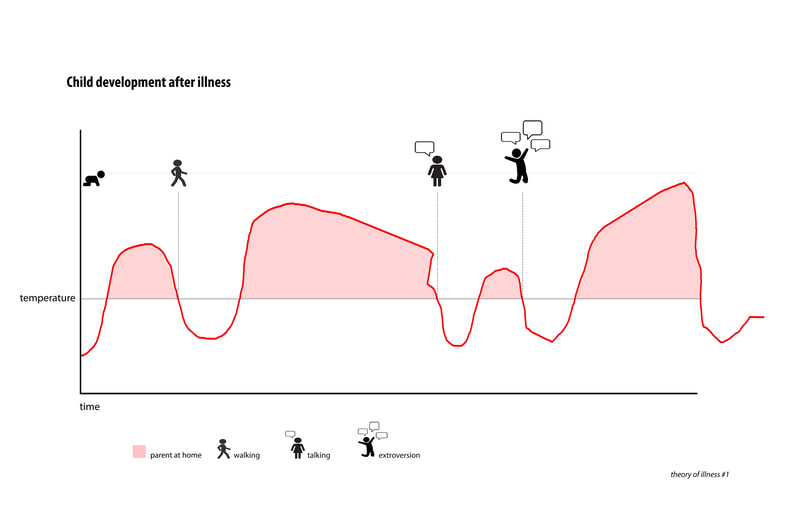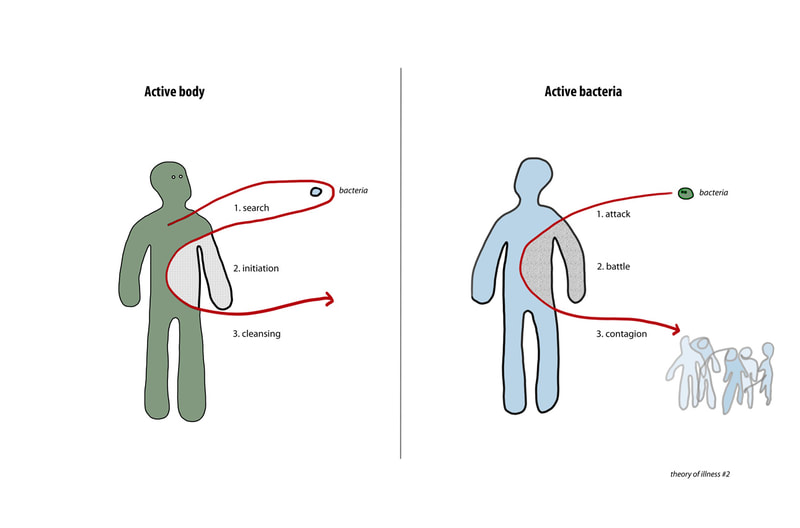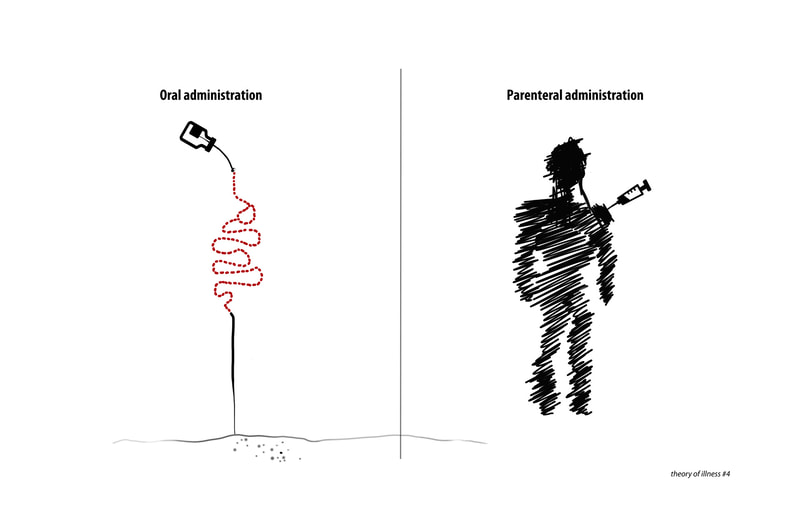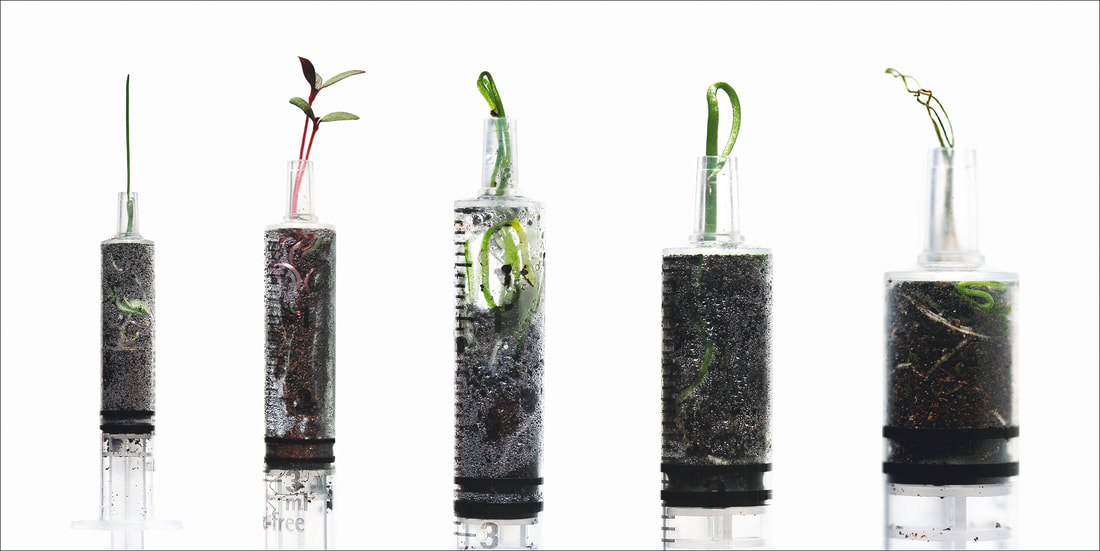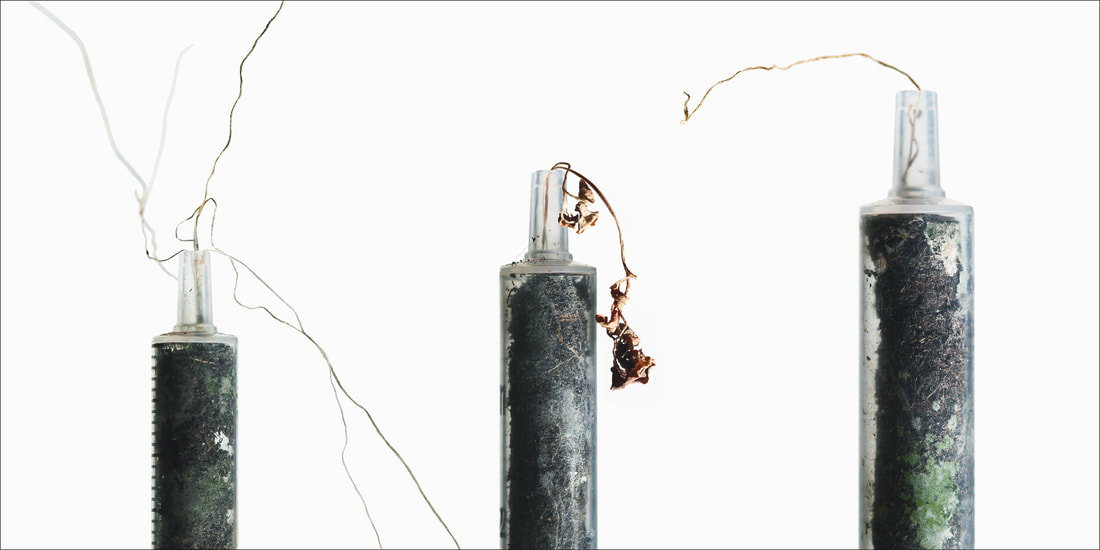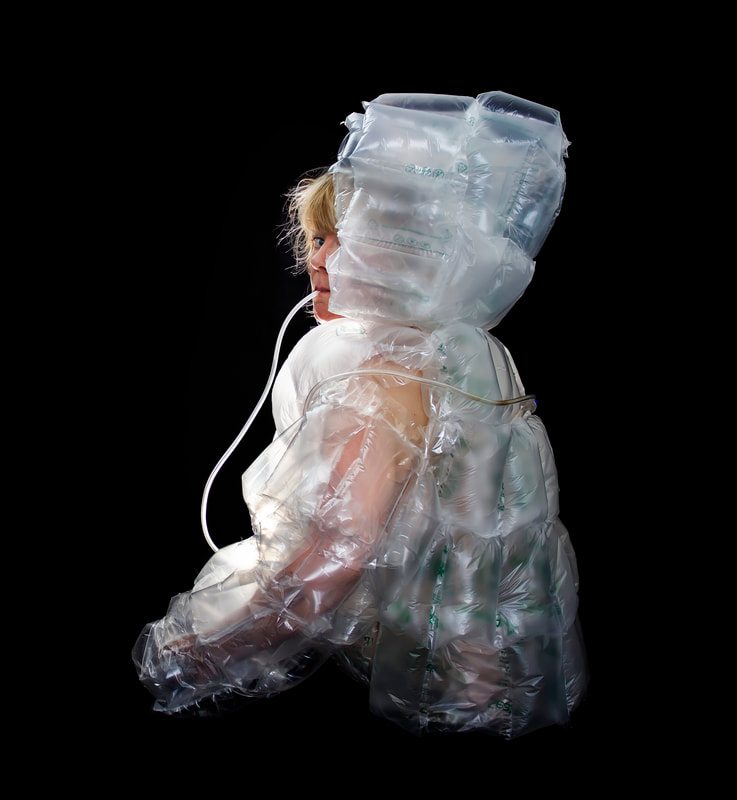Conversations with Vaccine-Critical Parents
and Theory of Illness #1—4 (2017), Syringe Sequence #1–2 (2015-2016), Hug (2021)
Project lead: Kaisu Koski, in collaboration with Johan Holst
Single channel HD video, duration (16:40), 2017.
Single channel HD video, duration (16:40), 2017.
Conversations with Vaccine-Critical Parents (2017). Still images from video. Image courtesy of the artist.
|
Conversations with Vaccine-Critical Parents is a poetic documentary about vaccine-hesitancy, based on interviews with vaccine-critical parents and their home videos in the Netherlands and Finland. It explores the parents' health beliefs, including their understanding of the immune system and importance of illness in a child’s development, as well as their definitions of what is “natural” and “safe.” After these interviews, each parents’ predominant health beliefs were translated into speculative diagrams (by Koski) and discussed with a vaccine researcher (Holst). These diagrams are collected in the series titled Theory of Illness #1—4.
The photo series Syringe Sequence #1–2 (2015-2016) depicts stages in a life cycle of medicinal plants, as a result of an ongoing home-laboratory research. The series is inspired by plant-based edible vaccines, and it explores the relationship between the form and substance of the vaccine administration. The two photos portray medicinal plants such as Echinacea and Allium, which have been grown in syringes. |
Rethinking “Conversations with Vaccine-Critical Parents” in the Era of Covid-19
My body of work in the <Immune Nations> project explored vaccine hesitancy in the pre-pandemic world. It identified gaps in health views between the vaccine-hesitant parents and the science and a failure of communication strategies in facing the parents in the clinic. The Covid-19 pandemic has further accentuated the urgency for venues and language to maintain a dialogue with vaccine-hesitant communities and to consider framing vaccines as a stimulus for natural processes in the body. In my “pandemic work,” I have also considered social distancing as part of disease prevention in the absence of vaccines in 2020. The wearable garment prototype HUG creates the tactile sensation of a hug without the presence of another person. While one of the primary gestures in expressing love and care, a hug has now become a potential health hazard, leaving many of us deprived of the human touch. Will the vaccines restore our hugging habits, or might the human hug become exclusive to the closest family and friends only? Or will we be seeking tactile comfort from (health) technology? These questions will be considered in my new project on Artificial Empathy, launching in 2022. — Kaisu Koski, August 2021 |

